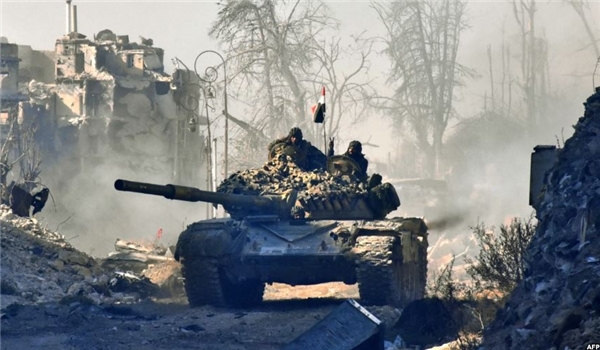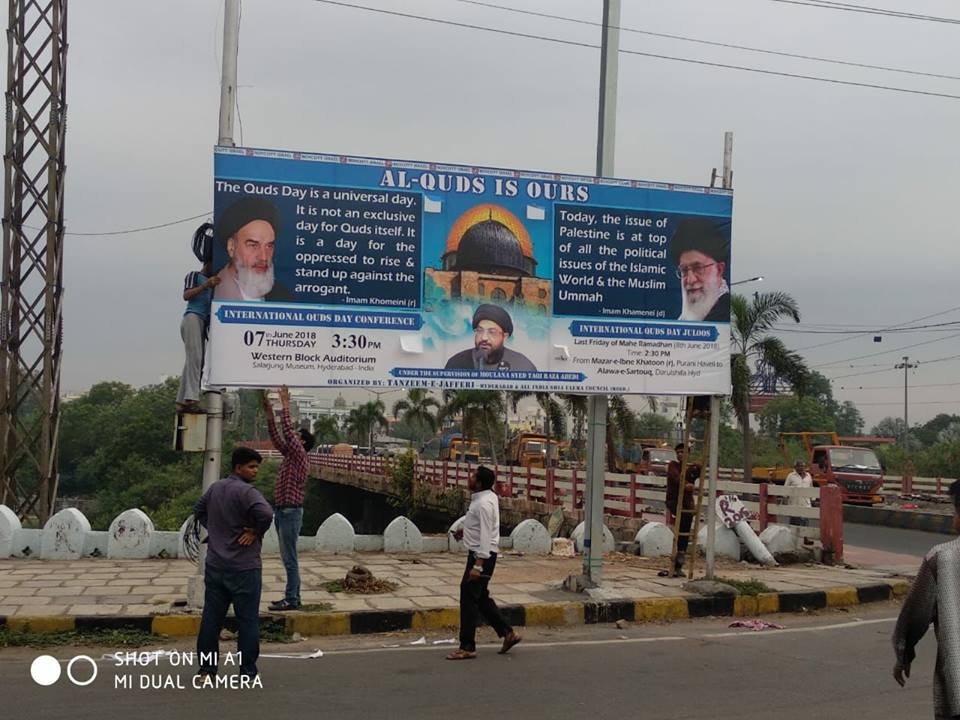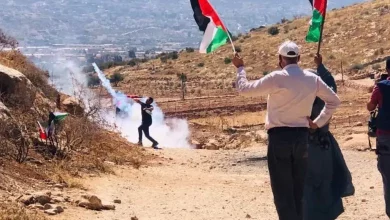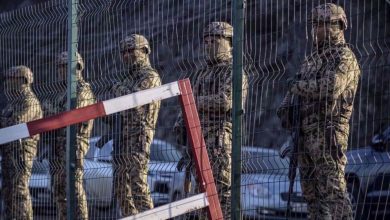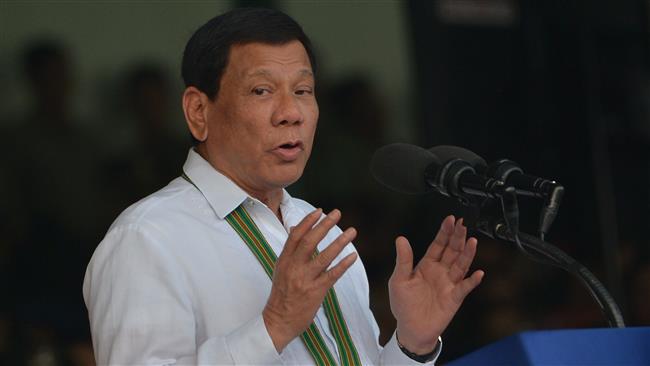Iran says ECO needs to be restructured
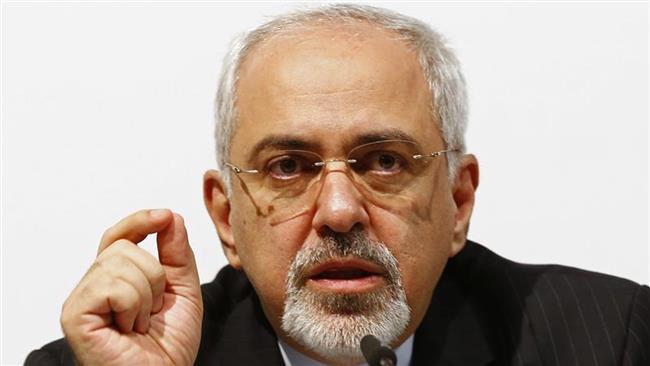

Iran says it remains committed to supporting the Economic Cooperation Organization (ECO) but says ECO needs to be restructured to increase its efficiency.
Foreign Minister Mohammad-Javad Zarif told a conference of ECO foreign ministers in Islamabad that the restructuring of the Organization needed to be based on an inclusive economic plan as well as adequate growth models.
Zarif added that ECO also needed to strengthen the mechanisms to respond to the requirements of its member states.
This, he added, could be part of the reforms that were launched over the past few years but were yet to be finished.
Zarif emphasized that a roadmap which was designed by member states – the ECO 2025 Perspective Plan – included important steps that could lead the Organization toward a stronger unity and regional integrity.
“Once this is materialized, ECO would reach an important position in its three decades of development,” the Iranian foreign minister emphasized.
“I strongly believe that ECO needs to spend more time and energy to devise more precise mechanisms … to implement the steps envisaged in its 2025 Perspective Plan.”
Elsewhere in his remarks, Zarif emphasized that Iran considers ECO as the best institution for promoting regional economic cooperation.
He stressed that cooperation among the member states of the Organization could not only help them with their own economic development, but would also lead to the enhancement of diplomatic relations.
“We can increase our strengths in face of challenges and lower our vulnerabilities by implementing cooperation plans and promoting integrity among member states.”
The ECO, which has its headquarters in Tehran, is comprised of Pakistan, Turkey, Afghanistan, Azerbaijan, Kazakhstan, Kyrgyzstan, Tajikistan, Turkmenistan, and Uzbekistan as well as the Islamic Republic itself.
The main purpose of the organization, which was set up in 1985, is to promote economic, technical, and cultural cooperation among the member states.
